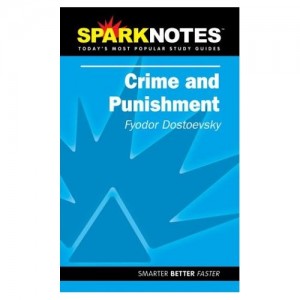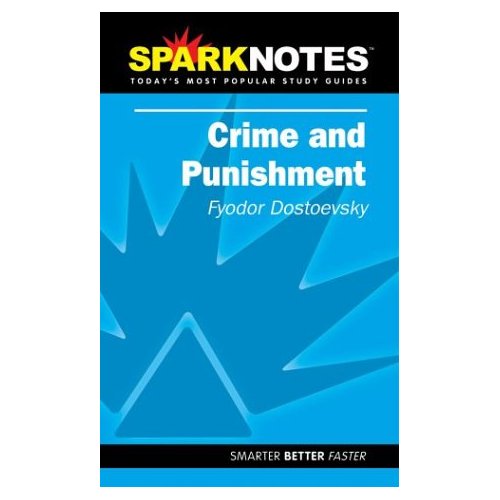
By Jennifer Kuo
UJW
ROCKVILLE, Md. – Early one morning in the advanced-placement English Literature class at Thomas S. Wootton High School, Jay Mottla, a senior, sits at his desk, opens his book and begins reading Crime and Punishment.
But instead of the 560 pages that students around him are reading, Mottla reads the abbreviated version of 99 pages published by SparkNotes.
Crime and Punishment is a novel about a man who murders two women and consequently suffers from guilt and paranoia about when he will be discovered as the killer.
Nowadays, instead of reading books themselves, students read books and online study guides about books such as SparkNotes, Cliff Notes, PinkMonkey.com and BookRags.com.
Mottla might be the norm now.
“Teens and young adults spend less time reading than people of other age groups,” according to a recent report by the National Endowment for the Arts.
It’s a disheartening fact because of what reading fosters: academic success, career potential, cultural perspective, and citizenship, according to the NEA.
But teens have their reasons for depending on the summaries.
Rais a Razzaque, a senior at Wootton, finds the variety of summaries helpful.
The outside resources “help me understand what I’m reading better and saves time,” she said.
She and other students at the school use these summaries hoping to do well academically. Razzaque relies on these study guides to write essays, and said only three sentences of her last essay were her own original ideas.
But English teachers see such resources as an ineffective shortcut.
Kimberly Boldon, an English teacher for 14 years at Wootton, is suspicious of the accuracy of many of these online resources, and worries that students cannot discern accurate information from wrong information.
She considers use of the summaries a sign of laziness and preoccupation with shortcuts to find the right answer instead of thinking it through.
“The intent might be to help students, but it often cripples and stifles students from coming up with original thought,” said Boldon.
Some students use online summaries to better understand their class books, often in conjunction with the book. They say it’s the summaries that help them reinforce their memory of names of places and minor characters’ names which often appear on tests.
But time is another culprit, according to a recent study by The Henry J. Kaiser Family Foundation. The report, “Generation M: Media in the Lives of 8-18-Year-Olds,” found that as children enter and progress through high school, they toil under more rigorous coursework and extracurricular activities that tend to sap time.
Jonathan Liang, a senior at Wootton, is one of those students. He hardly reads anymore now because of an intensive internship, a heavy advanced-placement schedule, and several extracurricular activities. But surprisingly, he said he never reads the summaries.
“People that do that are missing the main point of the book because there are funny parts and nuances that make the book better. The summaries are enough to maybe write, but not enough to really understand the story,” he said.
Reading less is not just an academic issue either. Fewer teens read for pleasure too, according to findings from the NEA’s report “To Read or Not to Read.” It also noted an alarming consequence of teens reading less: 72 percent of high school graduates have been regarded by employers as deficient in writing in English.
Still there are some students who are likely to escape being marked with that label.
Annett Park, a junior at Wootton, is one of them. She said she read more when she was younger because “that’s when good books like Artemis Fowl and Eragon were out.” She said she seeks books with interesting story plots such as her favorite book Twilight by Stephenie Meyer, based on the novel Pride and Prejudice by Jane Austen.
Senior Maithri Kondapaka is another student who remains motivated about reading. She reads voraciously on the weekends, she said.
“It helps me pass the time because it’s fun,” she said.
Link to New York Times Article:


